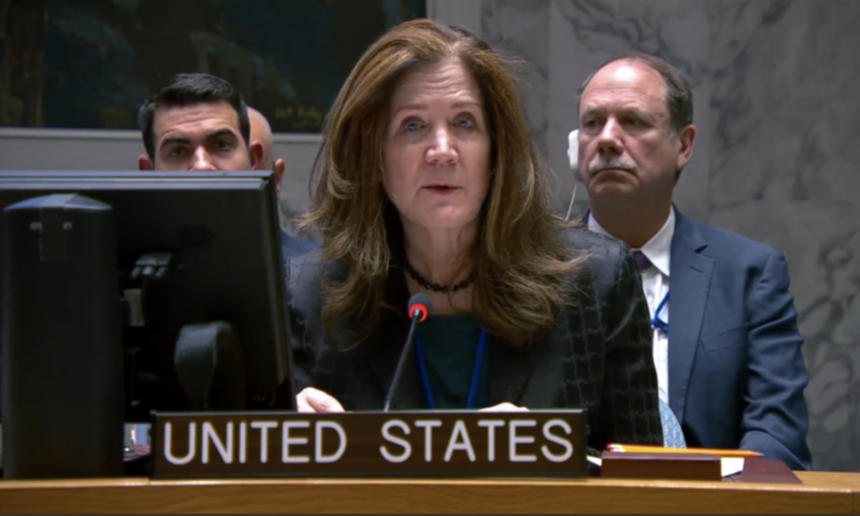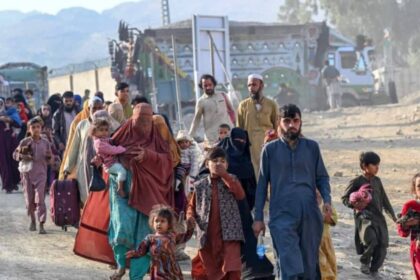RASC News Agency: The U.S. representative to the United Nations on Monday described the human rights crisis in Afghanistan as catastrophic, emphasizing the urgent need for economic stability in the country. Addressing a session of the UN Security Council, she reaffirmed Washington’s unwavering support for UNAMA’s mission to strengthen peace and facilitate political dialogue among Afghanistan’s political factions. This marks the second Security Council session on Afghanistan in a week. During the meeting, Council members unanimously extended UNAMA’s mandate for another year. Dorothy Shea, the U.S. representative to the Security Council, underscored the extreme risks faced by UN personnel operating in Afghanistan under increasingly dangerous and volatile conditions.
Without directly naming the Taliban or its political opposition, Shea reiterated U.S. support for UNAMA’s initiatives aimed at promoting peace and stability in Afghanistan. She further stressed that the UN mission should facilitate dialogue among Afghanistan’s political actors and key stakeholders to pave the way for a more inclusive political process. Under the Doha Agreement, the United States and the Taliban had agreed that following the withdrawal of U.S. forces, the Taliban would engage in negotiations with Afghanistan’s political factions. However, after the collapse of Ashraf Ghani’s government, the Taliban consolidated absolute power, declaring that it saw no need for political dialogue with any opposition groups.
Since taking power, the Taliban has urged Afghanistani political figures, both within and outside the country, to pledge allegiance to its leadership while simultaneously banning all political activities within Afghanistan. The U.S. representative called on the Taliban to take concrete steps to combat terrorism and fulfill Afghanistan’s international obligations. Meanwhile, reports indicate that despite Washington’s public stance on the Taliban’s governance, the United States continues to funnel millions of dollars into Afghanistan, raising serious questions about the Biden administration’s broader policy toward the Taliban-controlled state.






